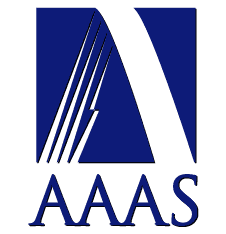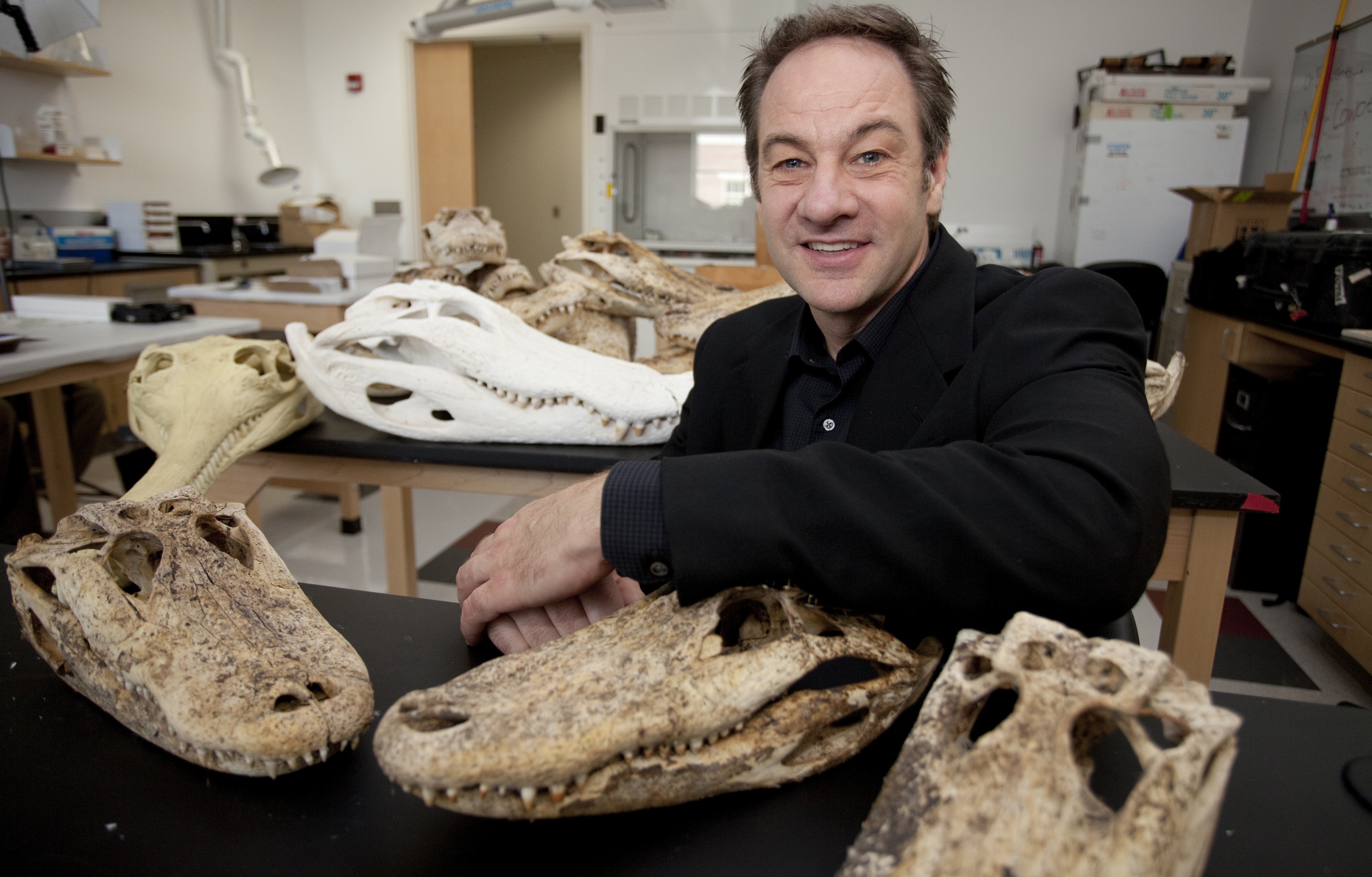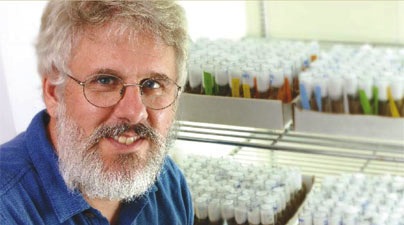
Florida State University has long been recognized for producing high-quality research in a variety of scientific disciplines. That stellar reputation was reaffirmed today as two Florida State biology professors — Gregory Erickson and David Houle — received one of the top honors in the scientific world: elevation to the rank of fellow by the American Association for the Advancement of Science (AAAS).
“I am very pleased and not at all surprised by the recognition given to David Houle and Gregory Erickson,” said Professor Don Levitan, chairman of Florida State’s Department of Biological Science. “David and Greg are both internationally recognized as leaders in their respective fields.”
Election as a fellow of the AAAS is an honor bestowed upon association members by their peers. Fellows are recognized for meritorious efforts to advance science or its applications.
Levitan praised the two professors for their innovations as scientists and their talents as educators.

“David has questioned and tested some of the fundamental ideas about the maintenance of genetic variation and the relationship between genetic variation and evolution,” he said. “Greg, meanwhile, has taken an organismic approach to the study of dinosaur biology by testing hypotheses concerning these extinct animals by comparing their fossils with the morphology, performance and demography of living reptiles.
“In addition to their research accomplishments, Greg and David bring passion and enthusiasm to the classroom,” Levitan said. “They are excellent representatives of the fine work done by all of our faculty in the Department of Biological Science.”
Erickson is one of the world’s foremost authorities on vertebrate paleontology and has published nearly 100 scientific articles on the subject. His research specifically focuses on the evolution and biology of archosaurian reptiles — crocodiles, dinosaurs, pterosaurs and birds. His approach is unique in that he draws upon his broad educational background in biology, paleontology, and engineering to study modern animal biology, from which he develops groundbreaking techniques to reconstruct the biology of extinct organisms.
Among Erickson’s major accomplishments are determining the growth rates of dinosaurs; establishing how dinosaurs and some crocodiles became giants; showing that the earliest birds were biologically more like dinosaurs than modern birds; reconstructing the population biology (mortality and birth rates) for extinct reptiles; measuring the bite forces and tooth pressures in all living crocodilians and using those data to unlock the secrets to their 85-million-year success; determining the bite forces for Tyrannosaurus rex; and most recently, discovering that tooth-wear properties are preserved in 70-million-year-old fossil teeth.
As an evolutionary biologist trained in genetics, Houle also has led a career driven by scientific curiosity.

“I have always been interested in why there is variation among individuals, and how that variation affects the process of evolution,” Houle said. “In order to answer this question, we need to understand how the genetic makeup of an individual influences its appearance and the way it works — what is called the phenotype. I am working in the new field of phenolics, which seeks to increase the number of different phenotypes that we measure.
“Genomics is the measurement of whole genomes; phenolics is the measurement of whole organisms in as much detail as possible,” he said. “We need both genomics and phenolics in order to understand how humans and other organisms function and what goes wrong when we are ill.”
Both Erickson and Houle expressed appreciation for the acknowledgment of their peers that AAAS fellowship represents.
“I am extremely honored to receive this recognition for my work and am thankful to my outstanding colleagues at Florida State University for facilitating my studies,” Erickson said.
Houle also spoke of his gratitude for the honor.
“I am really pleased to be named a fellow of the AAAS because it represents recognition by my peers in science,” he said. “Those are the people that my work is directly meant to inform and influence as we struggle together to understand the natural world. I am grateful for all those who have helped me to the success I have achieved, whether or not they know it — my parents and teachers, my wife, Jaye, and all the collaborators who have made my own work better.“
The American Association for the Advancement of Science is the world’s largest general scientific society. It has more than 127,000 individual and institutional members and 262 affiliates, serving 10 million scientists in fields ranging from plant biology to dentistry. The association also publishes the journalScience, which, with an estimated total readership of 1 million, has the largest paid circulation of any peer-reviewed general science journal in the world. According to the association, 701 members have been awarded AAAS fellowships this year “because of their efforts toward advancing science applications that are deemed scientifically or socially distinguished.”
For more information about their research, contact Erickson at (850) 645-4991 or gerickson@bio.fsu.edu, or Houle at (850) 645-0388 or dhoule@bio.fsu.edu.




